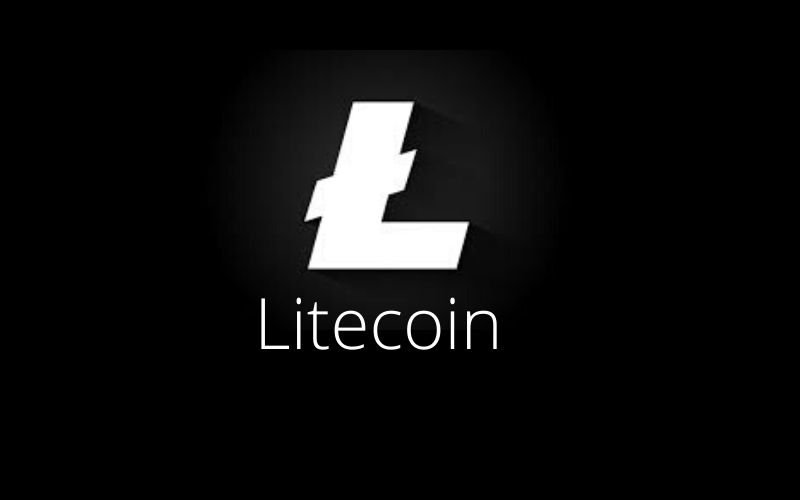The creator of Litecoin (LTC) Charlie Lee has recently revealed the reason why he does not trust Decentralized Finance (DeFi). This comment was in response to a thread shared by DeFi Pulse about the Fulcrum situation in bZx, a financial primitive that enables shorting and lending.
DeFi Pulse reported the development regarding the action taken by bZx in taking down Fulcrum for maintenance, which likely played out about two days ago after an exploit that ended in the loss of a portion of Fulcrum’s ETH.
DeFi Pulse Shared this, “bZx took Fulcrum down for maintenance late last night – Shortly after, team member Kyle Kistner disclosed that an exploit caused the loss of a portion of Fulcrum’s ETH – Fulcrum contract is frozen, remaining funds are safe.”
Afterward, the Creator of Litecoin (LTC) Charlie responded with a revelation about the reason why he does not trust DeFi. In the tweet, he wrote that DeFi is the “worst of both worlds”.
He pointed out that most DeFi are controlled by centralized third parties, believing it’s only decentralized in context but not in reality.
Charlie Lee shared, “This is why I don’t believe in DeFi. It’s the worst of both worlds. Most DeFi can be shut down by a centralized party, so it’s just a decentralization theatre. And yet no one can undo a hack or exploit unless we add more centralization. So how is this better than what we have now?”
This is why I don't believe in DeFi. It's the worst of both worlds. Most DeFi can be shut down by a centralized party, so it's just decentralization theatre. And yet no one can undo a hack or exploit unless we add more centralization.
So how is this better than what we have now? https://t.co/F1HMSeqb6q
— Charlie Lee [LTC⚡] (@SatoshiLite) February 16, 2020
What Does DeFi Mean?
Decentralized Finance (DeFi) is a conventional financial tool built on a blockchain such as Ethereum. It’s founded on open-source protocols or modular frameworks.
DeFi is used for creating and issuing digital assets. They are also designed to confer significant advantages of functioning on a public blockchain like censorship-resistance and improved access to financial services.
